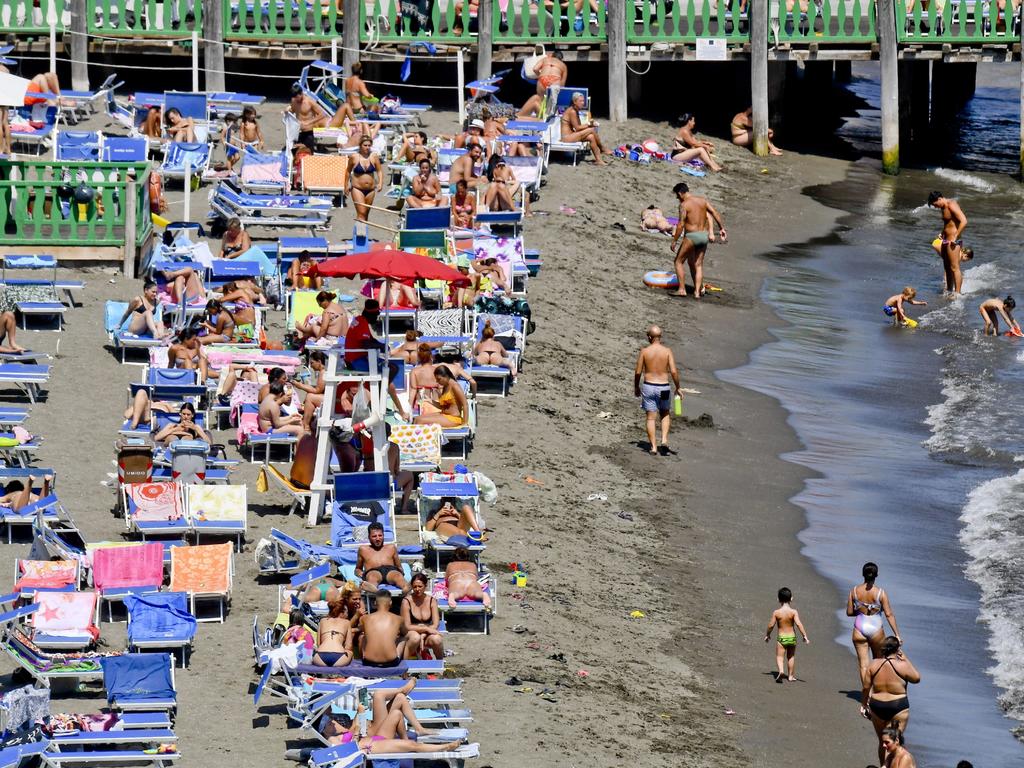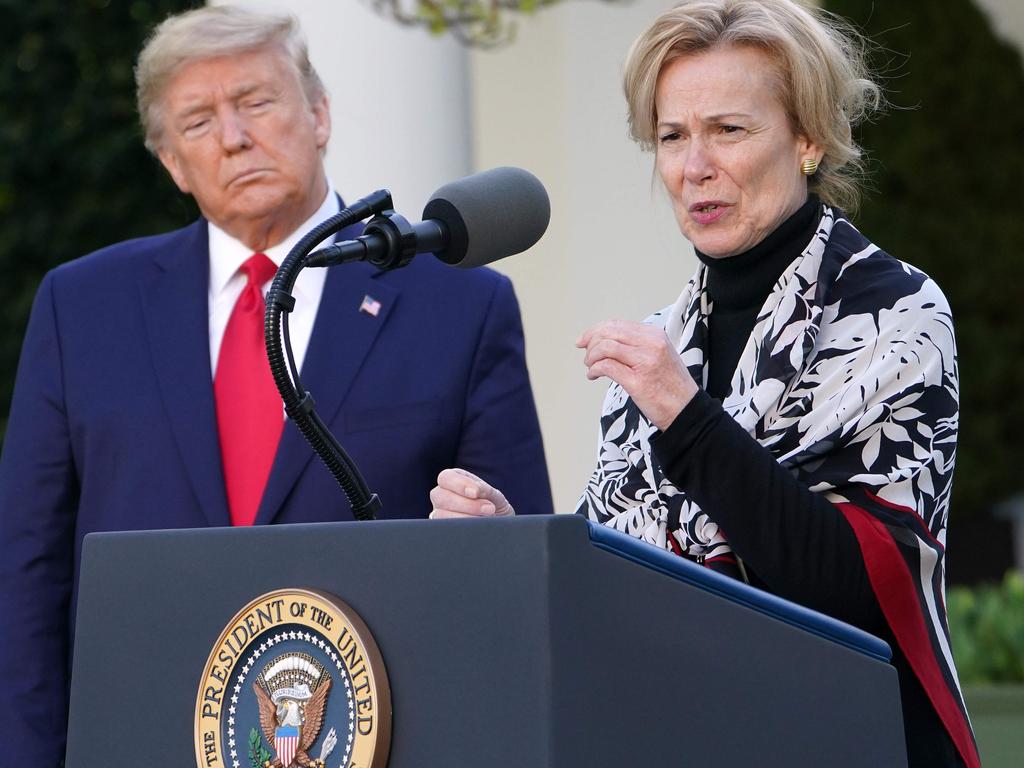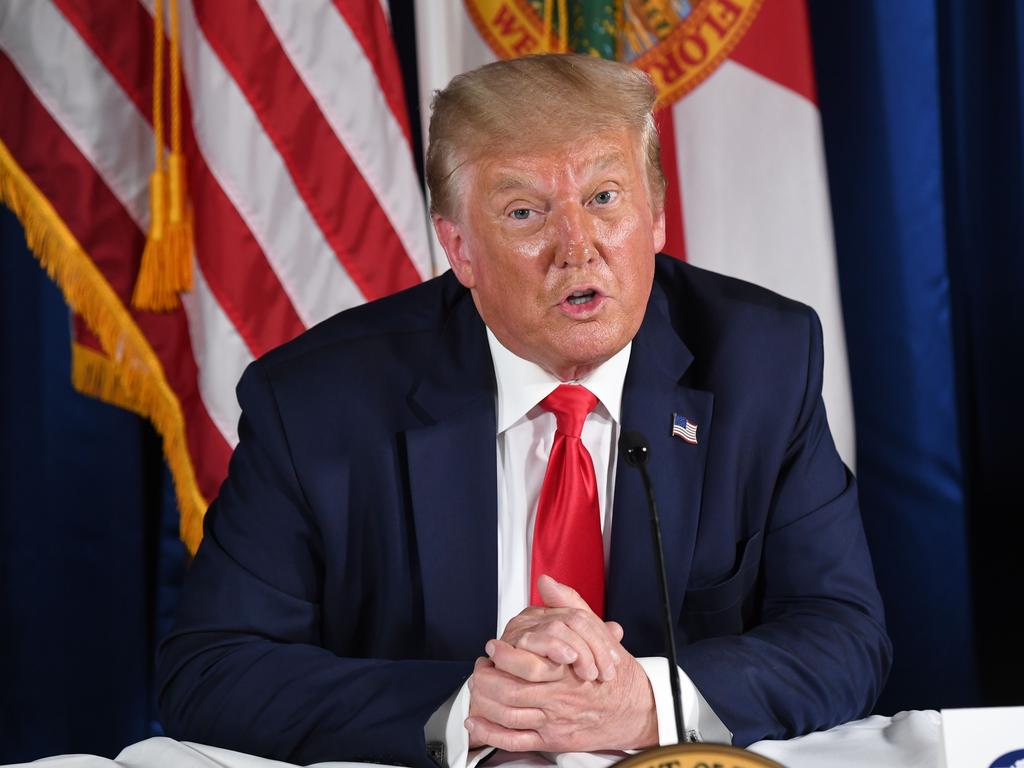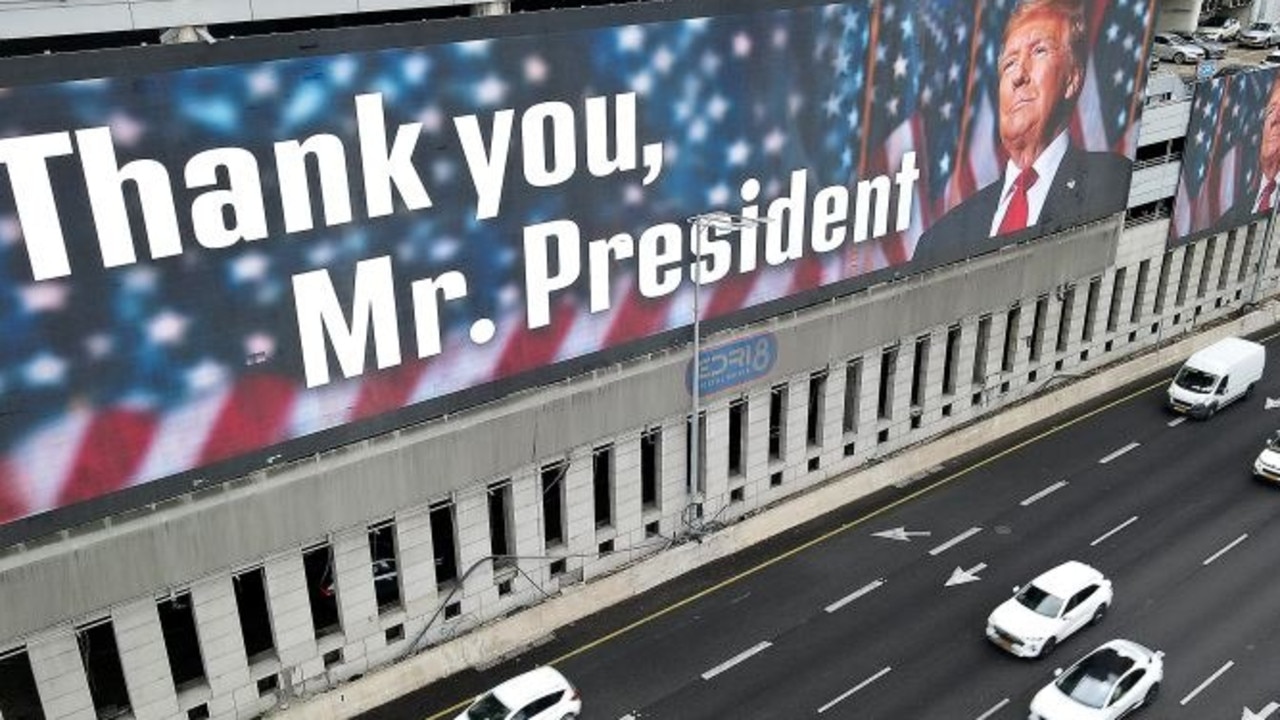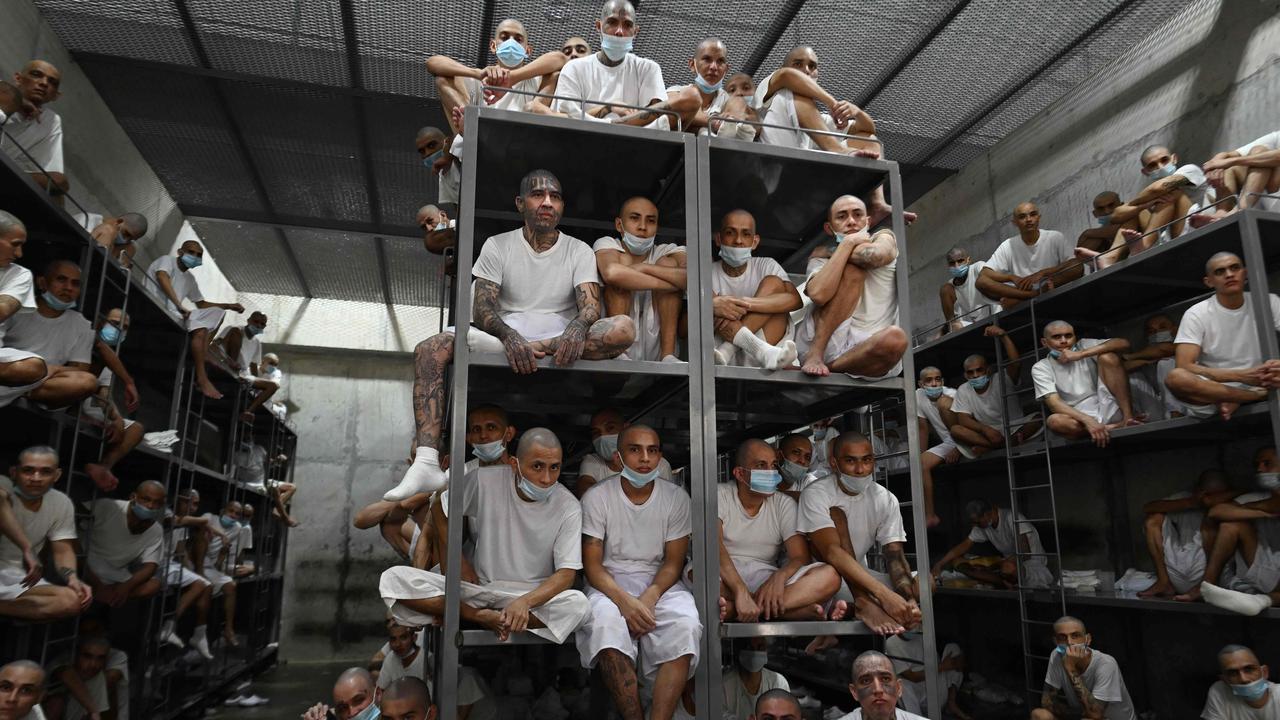Democrats, US administration at loggerheads over jobless benefit
Democrats and Republicans remained at odds in weekend negotiations on a new coronavirus economic relief package.
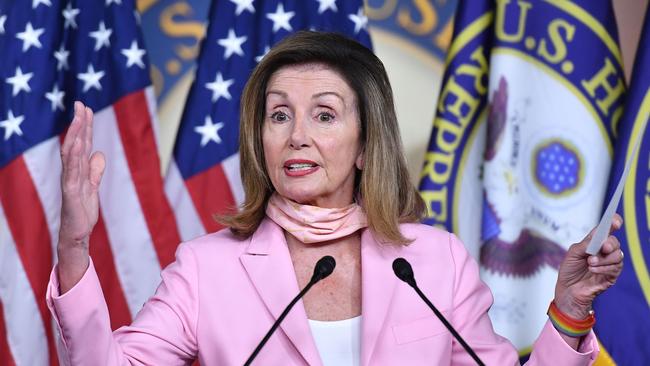
US Democrats and Republicans remained at odds in weekend negotiations on a new coronavirus economic relief package, including aid to replace the federal $US600-a-week ($842) boost to unemployment benefits that expired on Friday.
Democrats led by House of Representatives Speaker Nancy Pelosi want any economic-relief package to include a long-term extension of the enhanced unemployment benefit, arguing the extra funds have been a critical support to those who lost their jobs amid the pandemic. The White House and Senate Republicans, however, want to trim that additional payment, saying in some cases people are being paid more to stay at home than if they returned to work.
“The $US600 is essential,” Mrs Pelosi said on ABC television on Sunday (Monday AEST). “It’s essential for America’s working families.”
Treasury Secretary Steven Mnuchin said, also on ABC: “We absolutely agree on enhanced unemployment. We want to fix the issue where in some cases people are overpaid, and we want to make sure there’s the right incentives.”
The Democrat-led House has passed a bill extending the $US600 federal jobless benefit through to January. In recent weeks, Republicans have publicly offered to extend it for a week to make room for negotiations, and to continue it through September at $US200, or adjust aid to a portion of lost wages.
The White House had hoped to pass a short-term extension of the federal unemployment insurance, but Democrats have said they want to negotiate a comprehensive package of relief, including state and local aid, increased food-stamp benefits, and funding for schools and testing, among others.
Mrs Pelosi also said that in the long run, the “enhancement for unemployment insurance should relate to the rate of unemployment”, suggesting that the $US600 benefit could be wound down but only once the economy was on firmer footing.
Under such a proposal, benefits would decline once the unemployment rate had improved, an idea known as an “automatic stabiliser” because it would automatically reduce spending on the program during recovery. Some negotiators hope such an idea could bridge the difference between the two sides.
Mrs Pelosi and Senate minority leader Chuck Schumer met with Mr Mnuchin and White House chief of staff Mark Meadows for more than three hours on Saturday morning, later sounding a more positive tone after days of finger pointing over the expired unemployment benefits. Staff meetings were set for Sunday, with another meeting between Mrs Pelosi and Senator Schumer, and Mr Meadows and Mr Mnuchin to occur on Monday.
“We’re not close yet, but it was a productive discussion,” Senator Schumer said after the meeting on Saturday, calling it “the best discussions we’ve had so far”.
Mr Meadows said that Saturday’s round of talks were “a step in the right direction”, but said he wasn’t optimistic a deal would emerge “in the very near term”.
Mrs Pelosi and Mr Mnuchin also outlined other disagreements in the relief package. Ms Pelosi said one priority was funds for state and local governments, to help with their COVID response and prevent a revenue shortfall from leading to widespread layoffs of government workers, further swelling unemployment rolls. Mr Mnuchin said this proposal would “bail out those states that have financial issues” and would cost more than $US1 trillion.
Mr Mnuchin cited other areas of bipartisan agreement, including support for another round of cheques that would be mailed to most Americans and for the Paycheck Protection Program, which helped businesses cover their payroll during the pandemic.
As of mid-July, about 17 million Americans were receiving regular unemployment benefits, and an additional 12.4 million were receiving unemployment benefits under a pandemic program that covers workers who didn’t traditionally receive the benefits.
Further underscoring the stakes, the Commerce Department said on Thursday the US economy shrank by 32.9 per cent at a seasonally and inflation-adjusted rate in the second quarter, or a 9.5 per cent drop compared with the previous quarter. The figures were the steepest declines in more than 70 years.
However, disposable personal income increased, because government transfers have been so large that, on balance, they more than compensated for the lost income from job loss or business declines.
The Wall Street Journal

